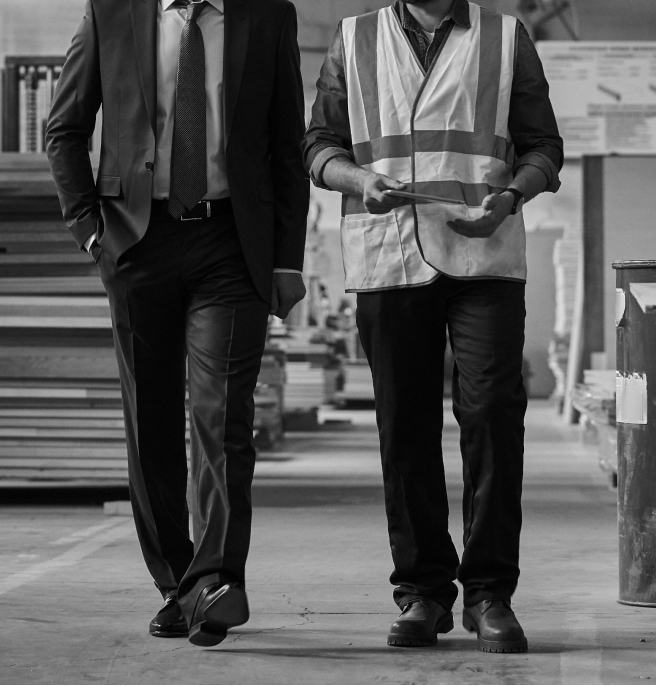
FAQs
Accidents sustained while operating machinery, falling, tripping or accidents on a company’s premises due to negligence.
Premises liability is a legal concept that holds property owners and occupiers responsible for injuries and accidents that occur on their property due to unsafe or hazardous conditions. In premises liability cases, individuals who are injured on someone else’s property (the premises) may seek compensation from the property owner or occupier if they can demonstrate that their injury resulted from a dangerous condition that the owner or occupier failed to address or adequately warn about. Premises liability cases are a subset of personal injury law and can involve a wide range of property types, including private homes, commercial properties, and public spaces. Here are key points to understand about premises liability:
- Duty of Care: Property owners and occupiers owe a duty of care to visitors, which can vary depending on the visitor’s status. In general, visitors are categorized into three main groups:
- Invitees: These are individuals who are invited onto the property for a business purpose, such as customers in a store. Property owners owe invitees the highest duty of care and must take reasonable steps to maintain a safe environment.
- Licensees: Licensees are typically social guests or individuals who have the property owner’s permission to enter the premises. Property owners have a duty to warn licensees of known hazards but may not be required to actively inspect for dangers.
- Trespassers: Property owners generally owe a lower duty of care to trespassers, but they must still avoid intentional harm. In some cases, property owners may be liable for injuries to trespassers if they set traps or have known dangerous conditions.
- Common Premises Liability Incidents: Premises liability cases can arise from a variety of situations, including:
- Slip and fall accidents due to wet floors, uneven surfaces, or other hazards.
- Inadequate security leading to assaults or injuries.
- Dog bites or attacks on the property.
- Structural defects or hazards like loose handrails, faulty stairs, or falling objects.
- Poorly maintained sidewalks or parking lots.
- Notice: In many premises liability cases, proving that the property owner knew or should have known about the hazardous condition is crucial. This can involve demonstrating that the owner had time to discover and correct the issue or that they failed to adequately warn visitors about it.
- Legal Remedies: Injured parties in premises liability cases may seek compensation for their injuries, including medical expenses, pain and suffering, lost wages, and other damages. Property owners may be liable for these damages if they are found to be negligent in maintaining a safe environment.
- Insurance Coverage: Property owners often carry liability insurance that can cover injuries that occur on their property. In many cases, premises liability claims are resolved through negotiations with the property owner’s insurance company.
Premises liability laws can vary by jurisdiction, and the specific circumstances of each case can influence the outcome. It is important for property owners to take reasonable steps to ensure the safety of their premises and for individuals who are injured on someone else’s property to consult with a personal injury attorney to understand their legal rights and options.
When a business does not do their part in ensuring the safety of its employees and patrons, they have neglected their duty to provide a safe environment. This includes timely maintenance, routine repairs, and providing appropriate notification of a hazard that cannot be immediately amended.
If you are a victim of premises injury, the exact circumstances leading to the injury are often very complex. This is where our team can step in.